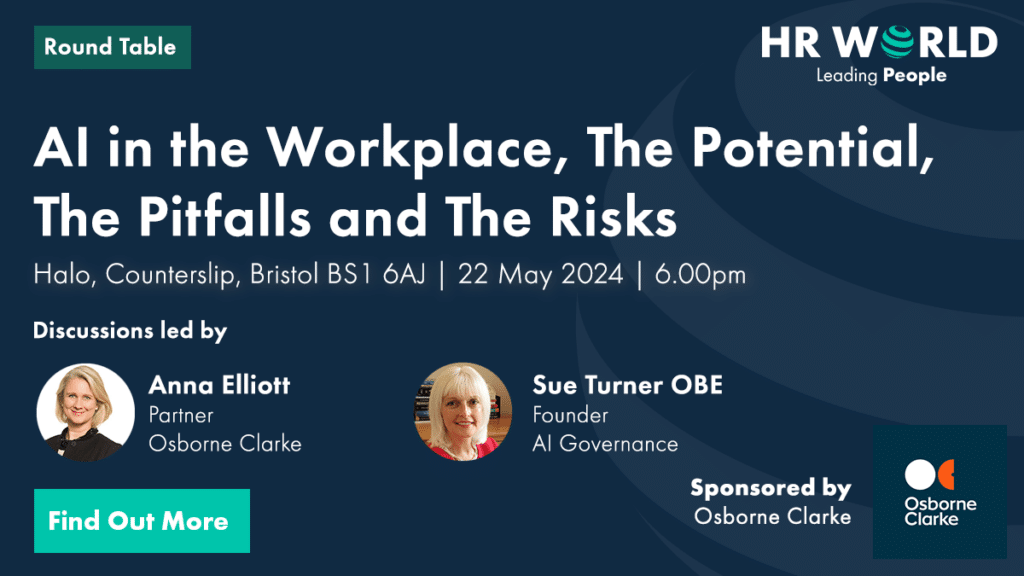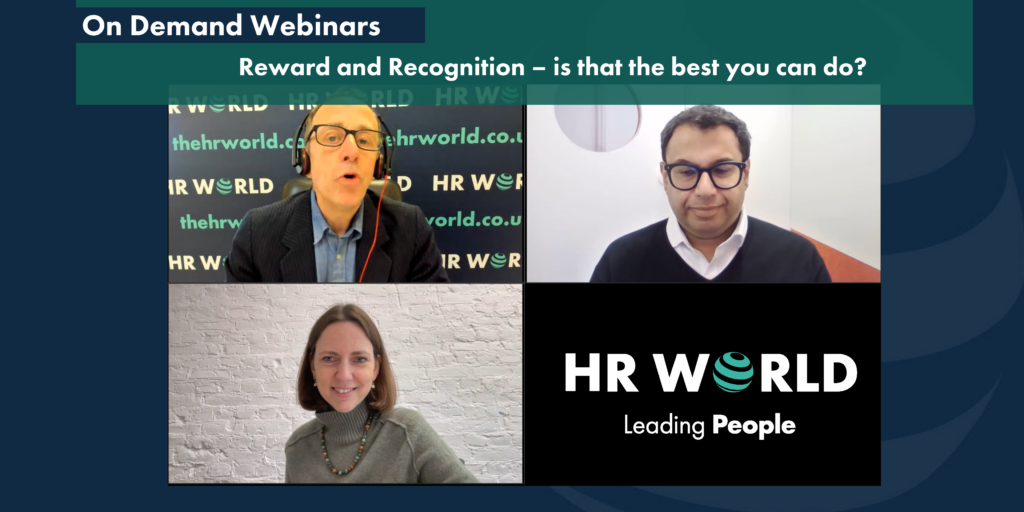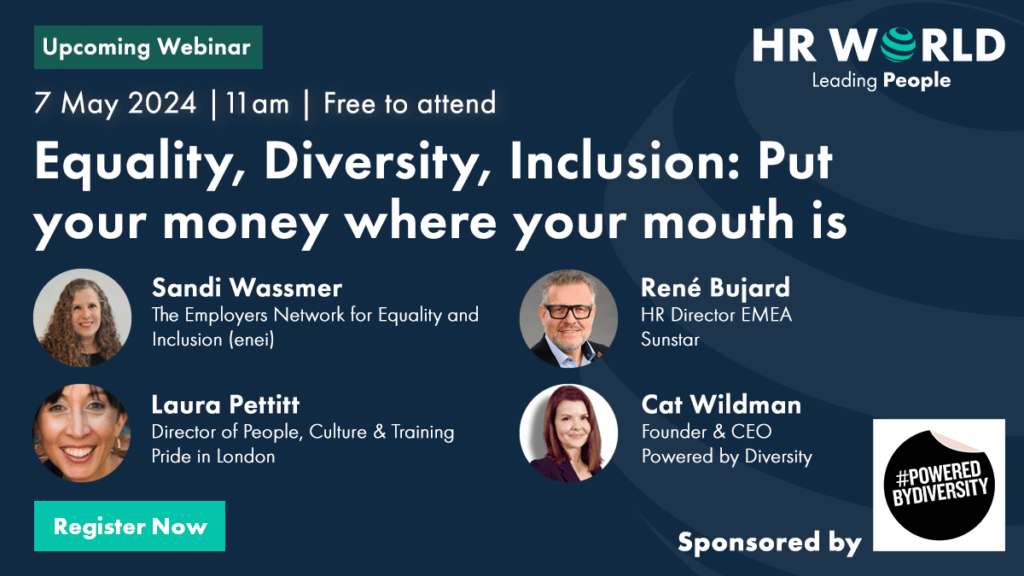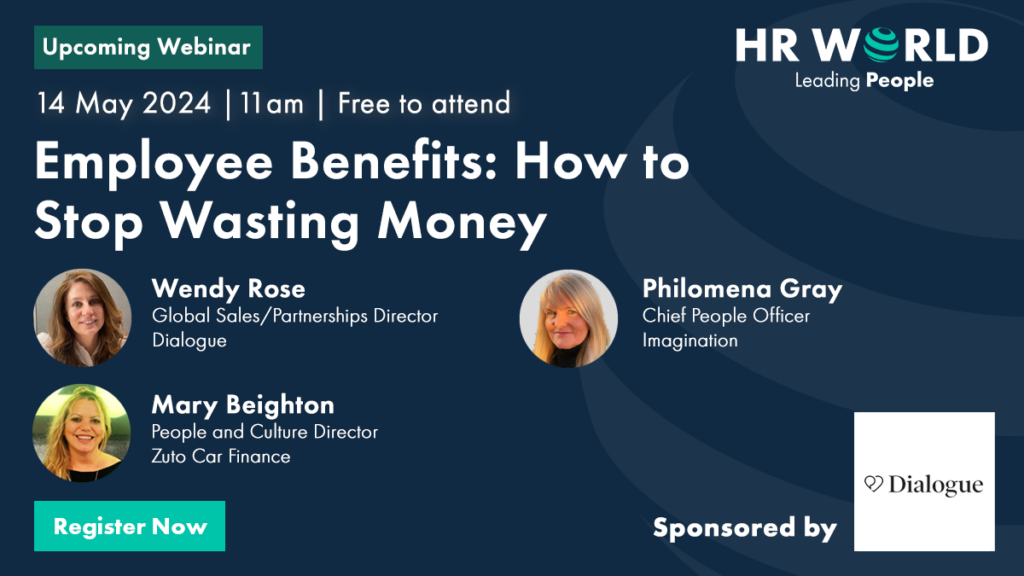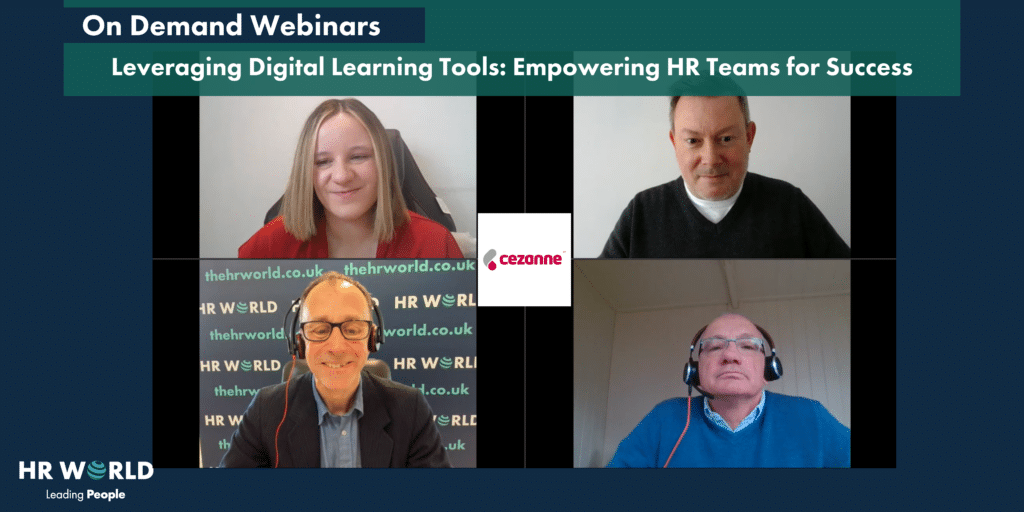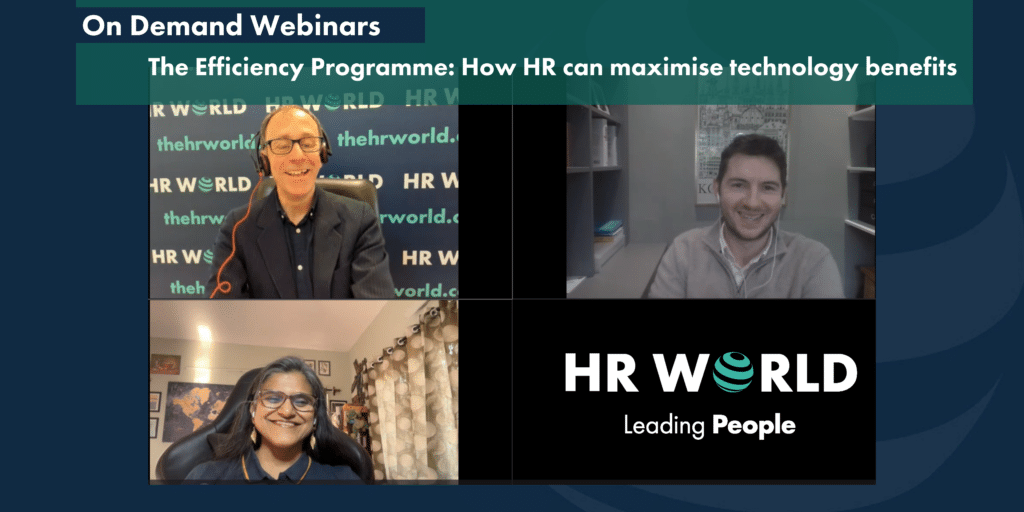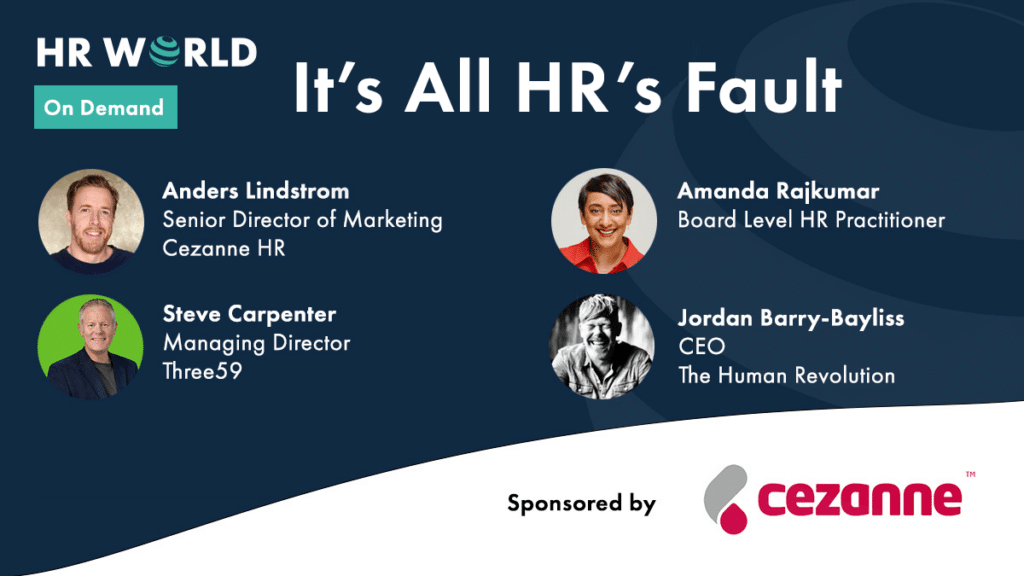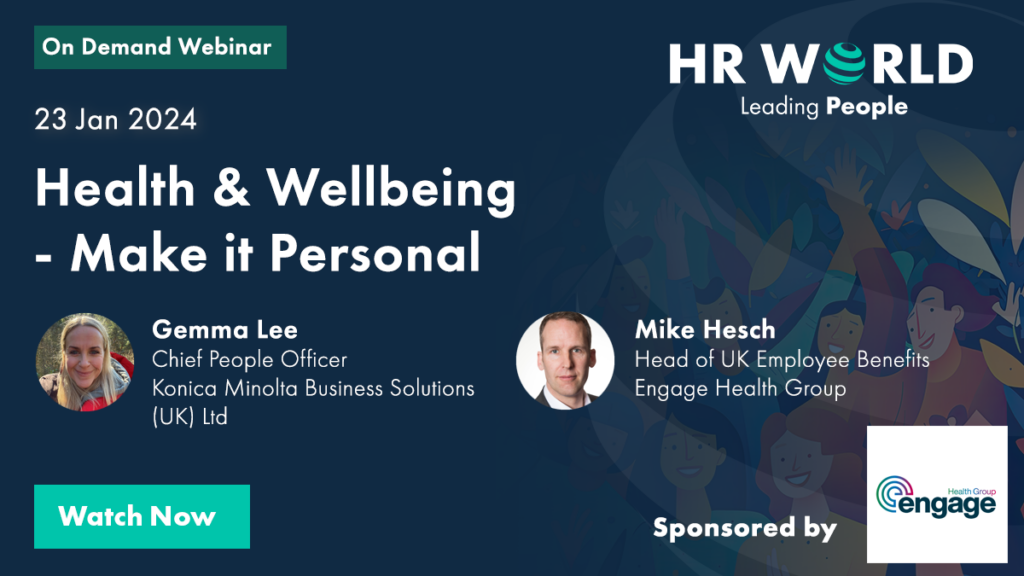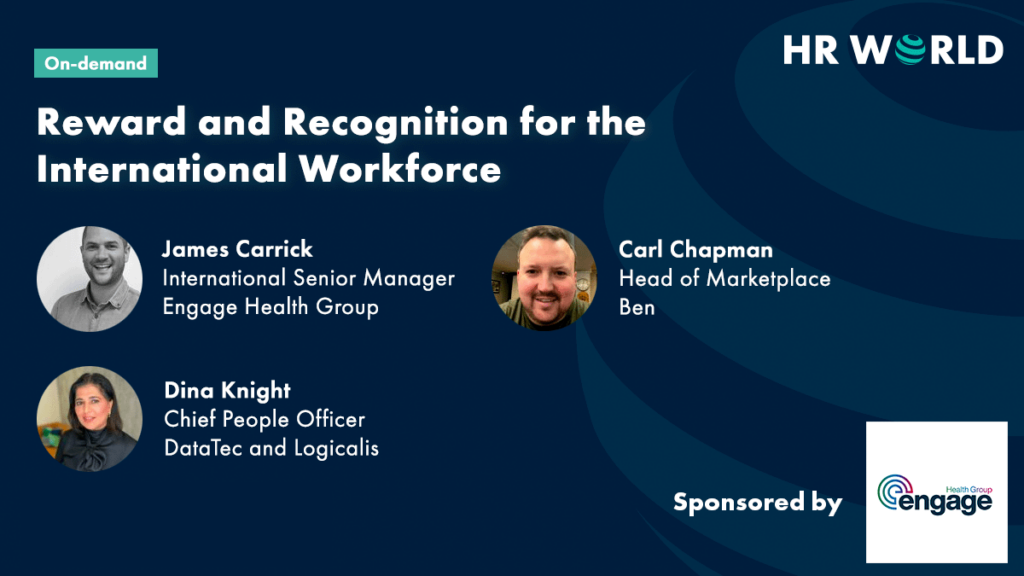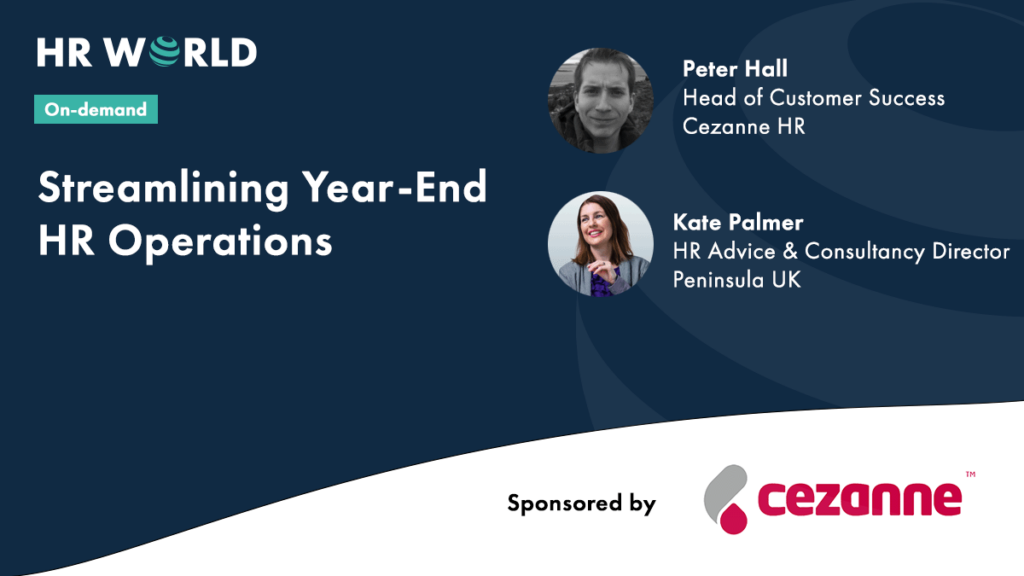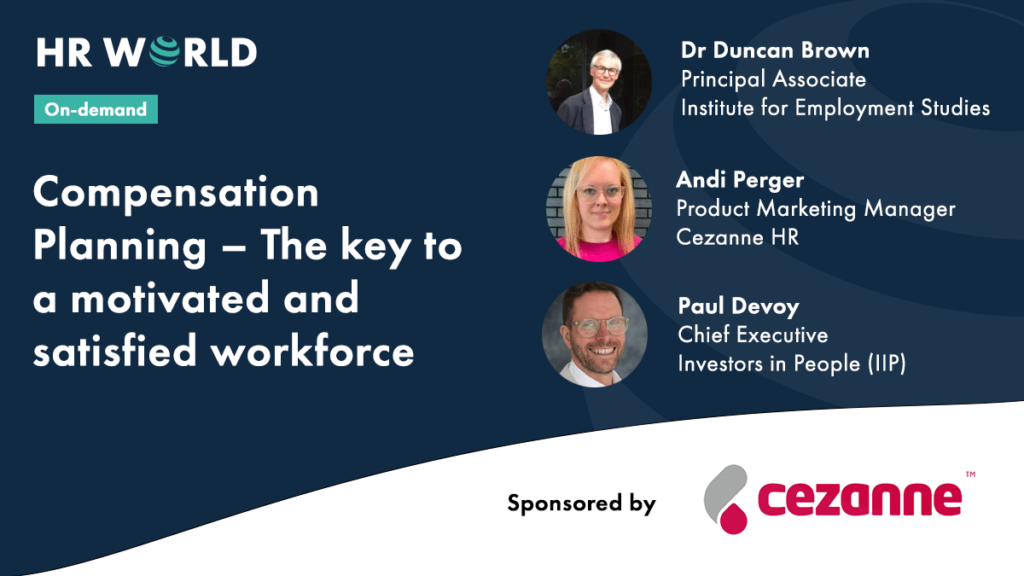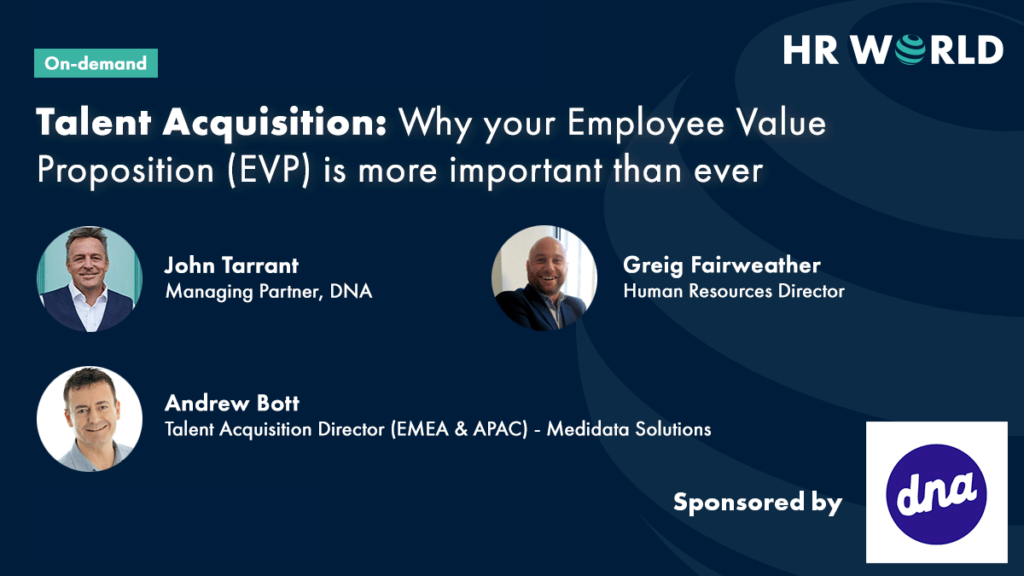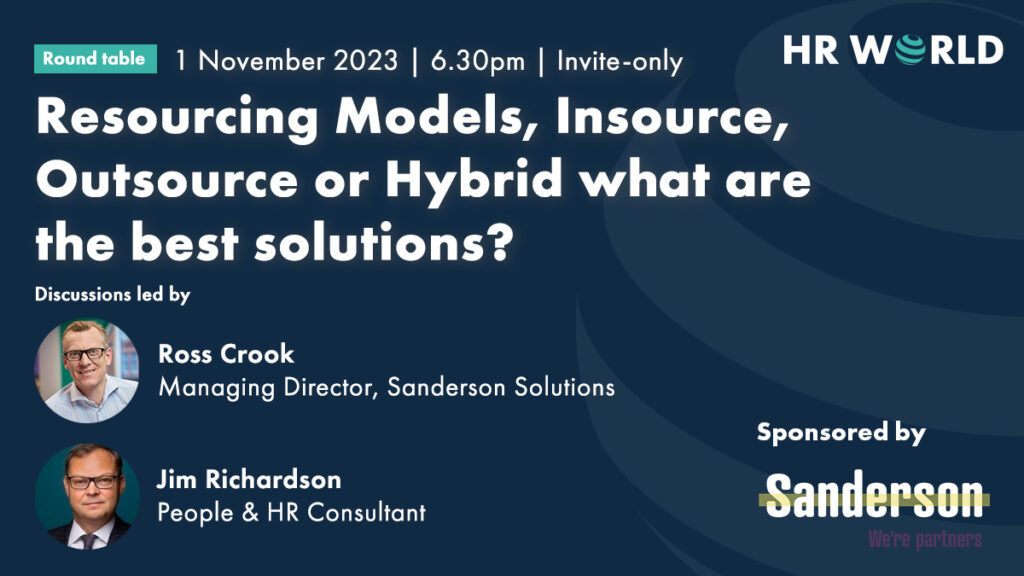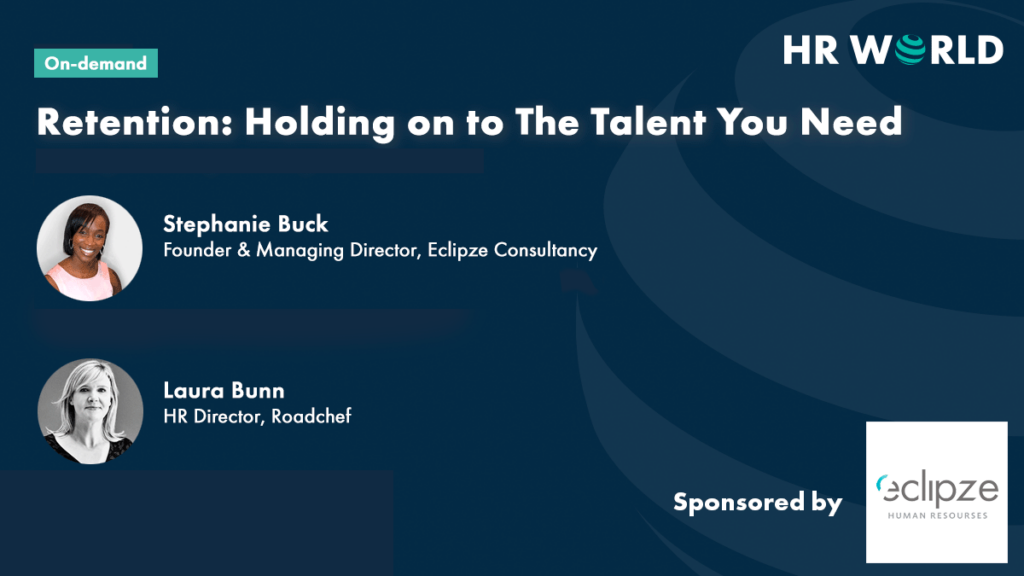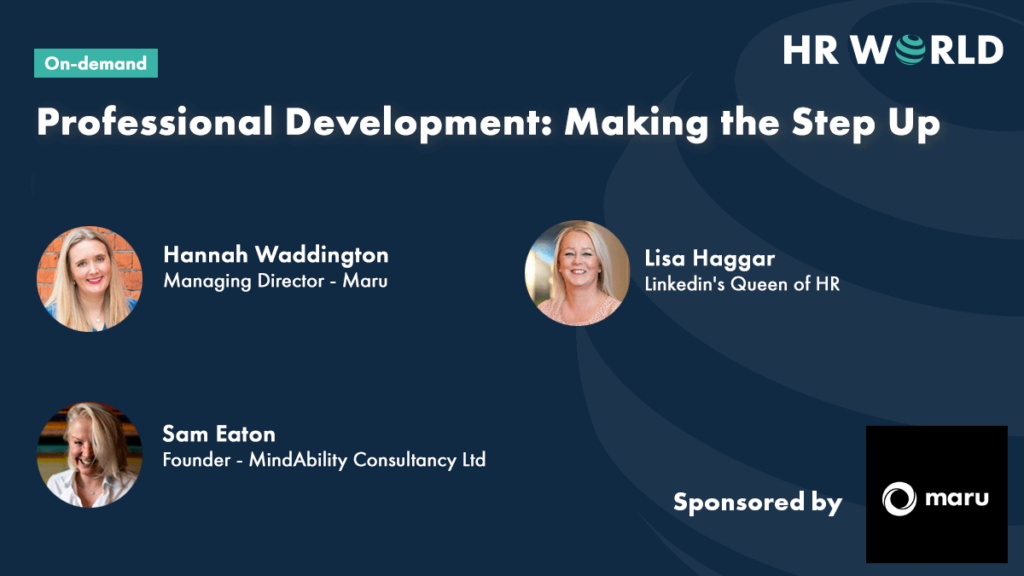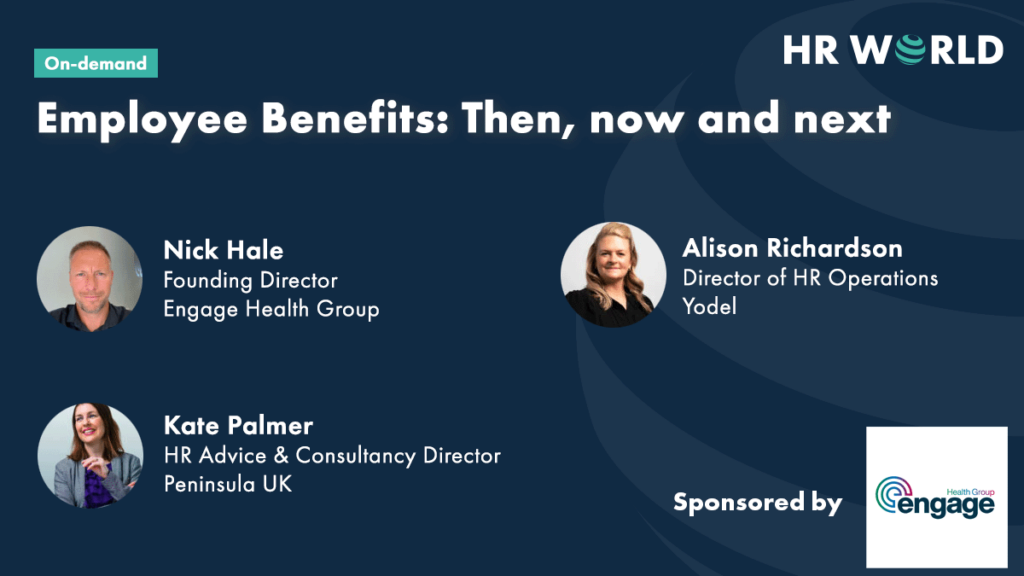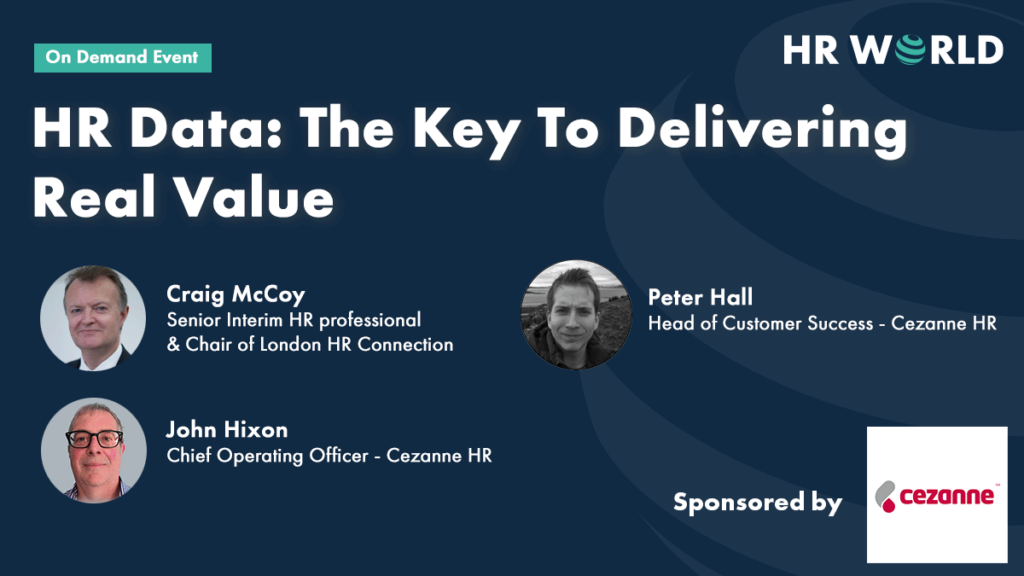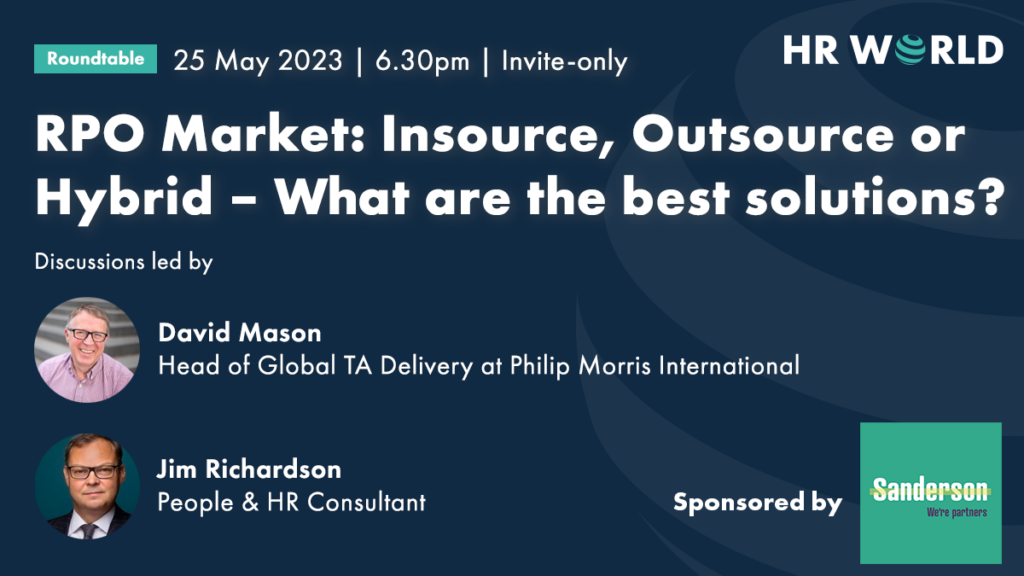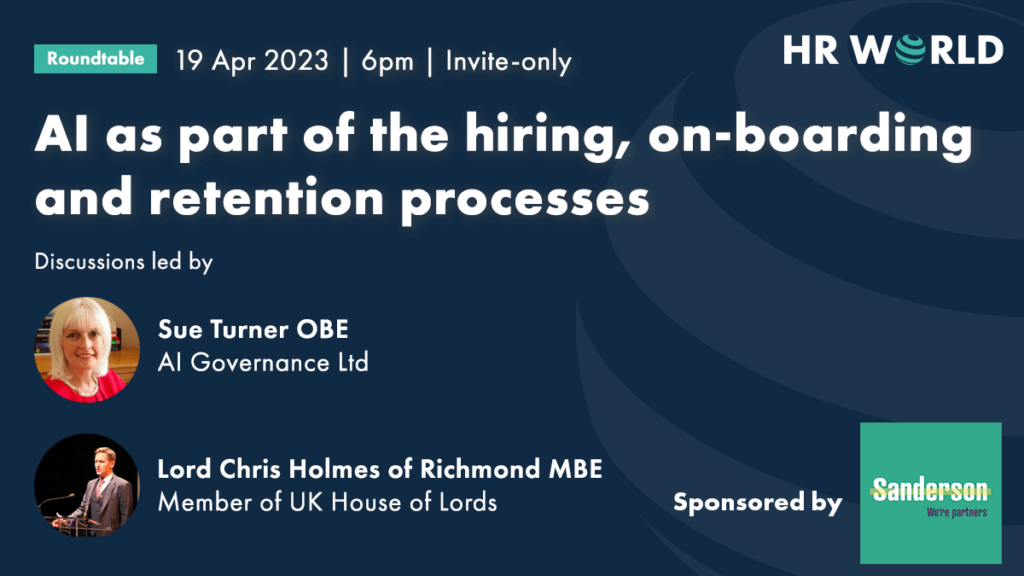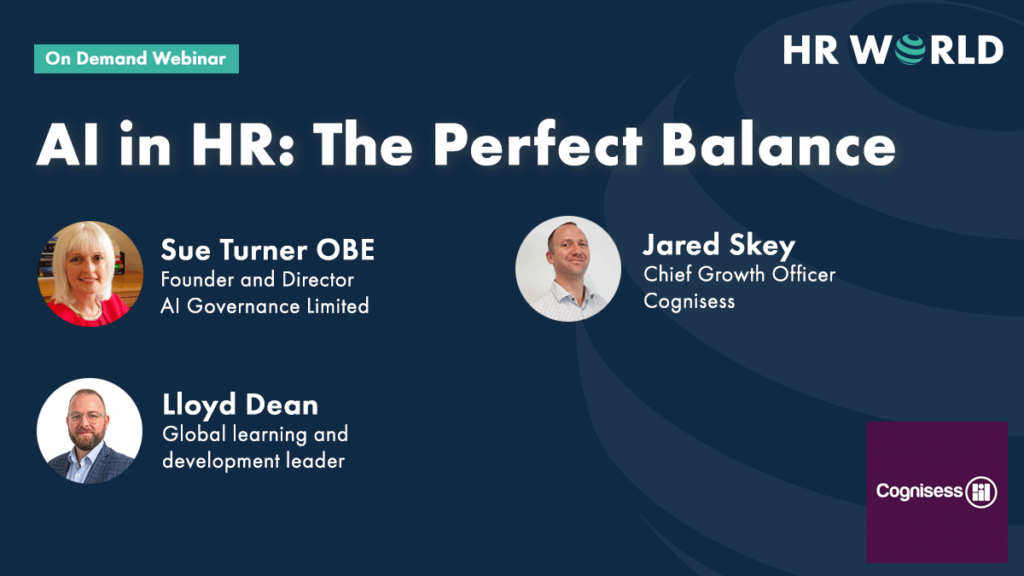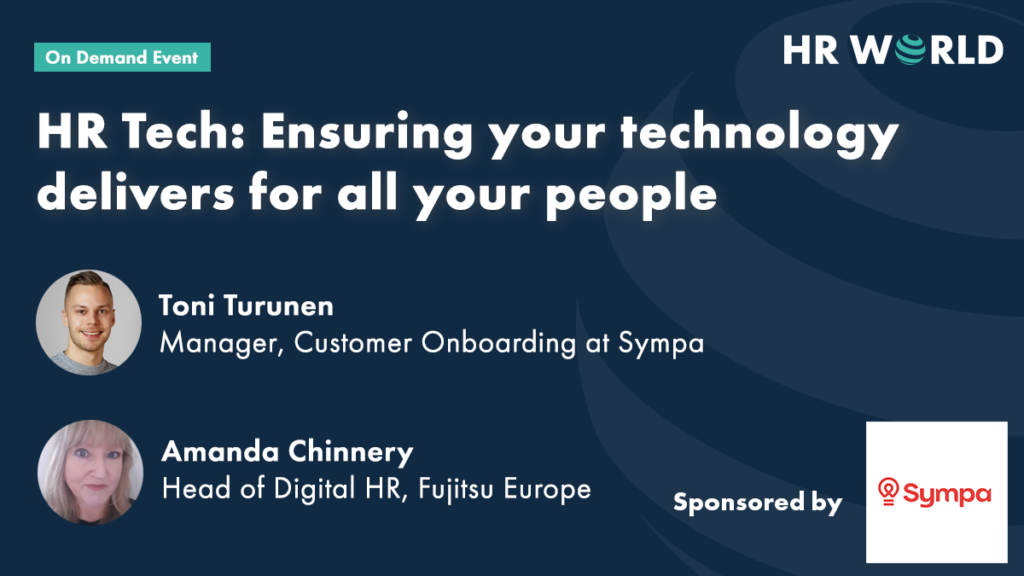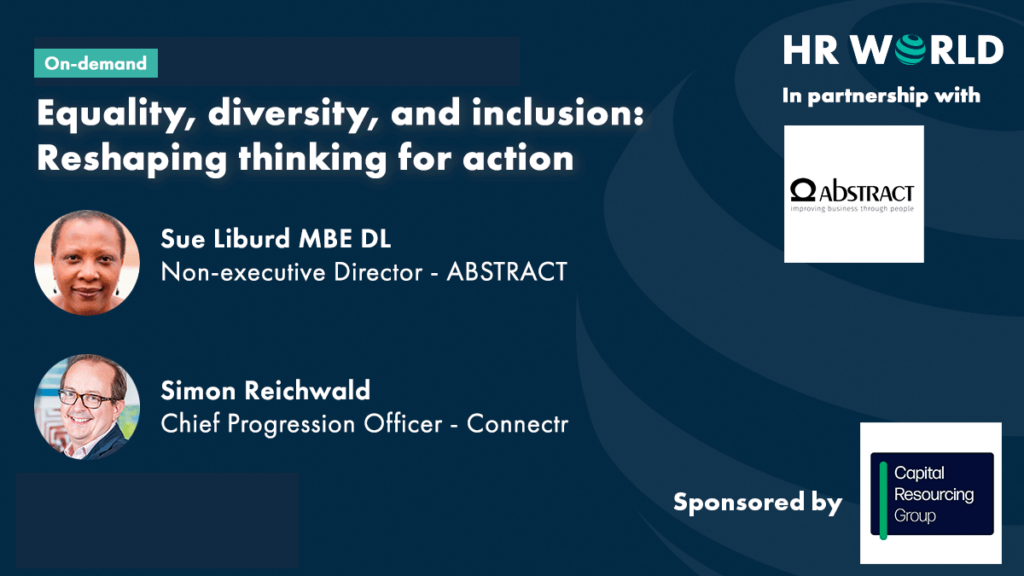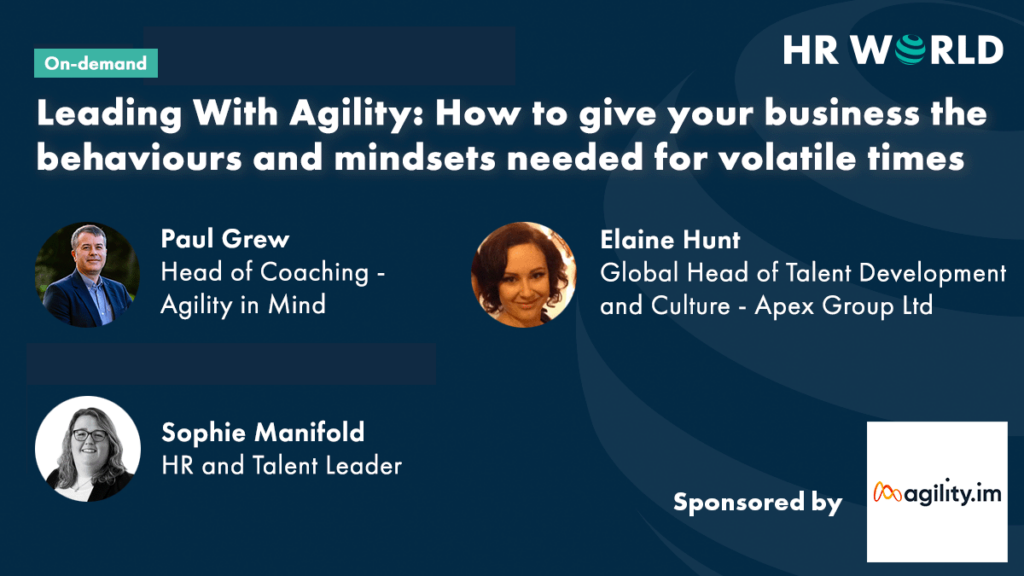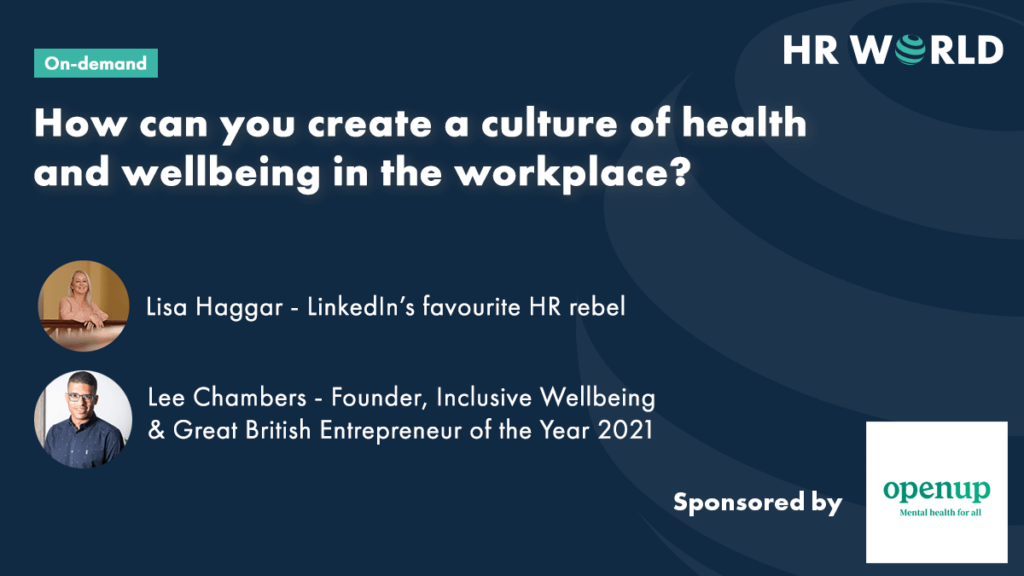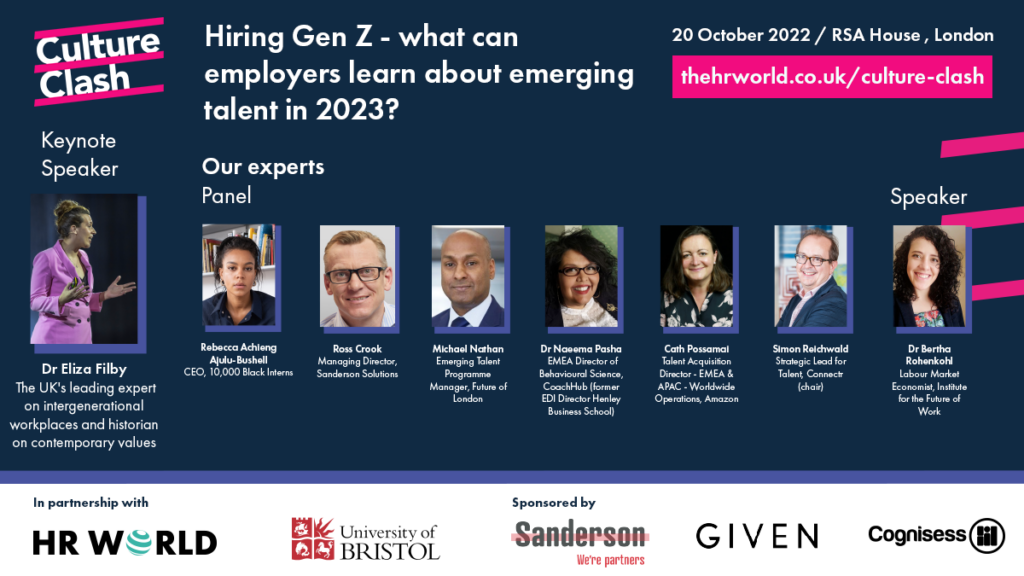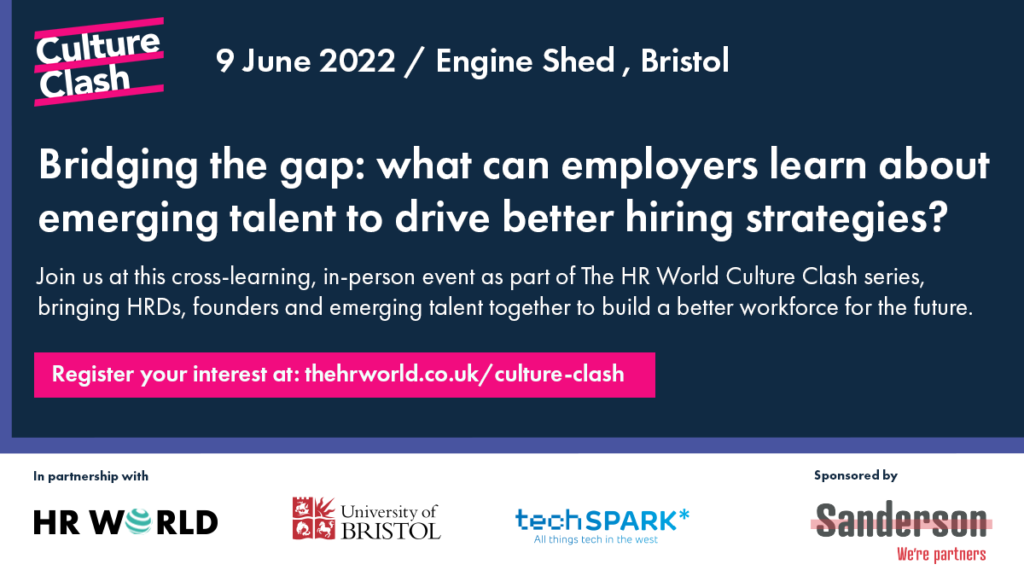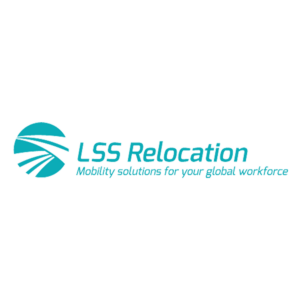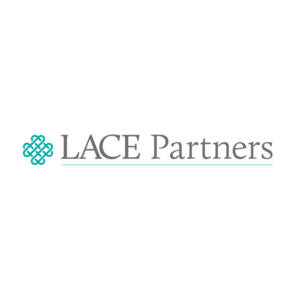Home » Knowledge Hub » Equality, Diversity and Inclusion » How the tech industry is failing women (pt 2)
How the tech industry is failing women (pt 2)
28 November 2023 Equality, Diversity and Inclusion

Story by
Naeema Pasha

In the second of her articles on how the tech industry is failing women, author and speaker Dr Naeema Pasha argues that addressing the culture of sexism and harassment is core to progress and AI safety.
From many conversations I had with women in technology, it was worrying to hear so many fears around sexism and even harassment. These behaviours of course are an issue that affects people of all genders in all industries. They create a hostile and unwelcoming environment for women, who face discrimination, microaggressions, mansplaining, and sexual harassment in their workplaces. These issues also affect their career progression and retention, as many women leave the tech industry due to the lack of support, recognition, and respect they receive from their colleagues and managers.
This is not only unfair and unjust, but also harmful and dangerous for the quality and safety of AI. Datasets after datasets show that leadership diversity creates better results. We desperately need more awareness about the importance of women’s participation and contribution in tech.
As Laura Robertson, a senior Robotics Process Automation and digital transformational leader says: “from my experience women in tech face more challenges than men. GPT suggests ways to achieve gender equality, such as creating new roles and structures. But, I ask, will this really prevent men from taking credit for women’s ideas or hindering their careers? Women continue to encounter obstacles in different sectors and we need to support each other – this is essential to prevent or correct bias in AI.”
Sexism drives the gender pay gap, which is higher than the national average tech forms in both the UK and the US. Women in tech earn less than their male counterparts, and the gap is even larger for women of colour. This is not only unfair and unjust, but also demotivating and discouraging for women who want to pursue a career in tech.
Stereotypes and biases limit women’s potential and opportunities
A third challenge that women encounter in tech companies is the stereotypes and biases that limit their potential and opportunities. Many women face implicit and explicit biases that question their competence, credibility, and confidence in tech roles. For example, women are often assumed to be less skilled, less interested, or less committed to technology than men. Women are also often subjected to higher standards, lower expectations, or lower rewards than men for the same work. Paul Diamond, People and Career Consultant, Keep Consulting Ltd notes: “I’ve seen plenty of instances of where women leaders know what needs to be done, they know what they want to do but they question themselves and someone/something else moves in their place. I’m not arguing for the absence of doubt but if a cycle like this keeps happening, you have to learn from it and change your behaviour in the future, otherwise it will just keep happening again and again.”
The stereotypes and biases that affect women in tech also influence their access to education, funding, networking, mentoring, and career advancement. For instance, women are underrepresented in STEM fields at all levels of education, from primary school to university. Women receive less venture capital funding than men for their tech startups. Women also have fewer opportunities to network with other tech professionals, mentors, or sponsors who can help them grow their skills, visibility, and influence. As Dr. Elena Liquete, University of Bath says, “there is an unsubstantiated belief in society that men are better with tech. Whilst there isn’t a scrap of evidence to support that view, it persists, limiting opportunities for women and fostering a less diverse and more biased technology sector. Every one of us, regardless of gender, has a duty to debunk that myth.”
How we can change the status quo
AI can be unsafe or harmful for women and other marginalised groups if it is designed and developed by a male-dominated tech industry. This is why we need AI safe leadership, which means having leaders who are ethical, diverse, and strategic in their approach to AI. Ethical leaders who can align AI with human values and principles. Diverse leaders who can bring different perspectives and experiences into AI systems. Strategic leaders who can balance the risks and benefits of AI for society. One of the key steps towards AI safe leadership is to include and develop more women in tech companies. This means having effective human resources management and a culture of respect, inclusion, and collaboration for women in tech roles. By doing so, tech companies can improve their performance and reputation, as well as the quality and safety of AI.
I have worked with women in technology for a year and I have seen their challenges and achievements in this field. I have also seen how many women in tech groups are working hard to promote gender diversity and inclusion in the tech industry. However, there is still a lot to do before we can achieve gender equality in tech. We need more action from tech companies, governments, educators, media, and investors. We need more trust in women’s abilities and potential in tech.
We can trust AI if we trust AI leaders. And we can trust AI leaders if they are ethical, diverse, and strategic. AI advisor and Founder of Diverse AI, Toju Duke, put it this way: “AI safety is crucial not only to the success of AI development but to the protection of human lives which include their mental, psychological and emotional wellbeing.
“One of the issues facing AI today is its lack of safety guardrails and trustworthiness, which in part is due to the absence of gender diversity in thought, race, sexual orientation, ability – disability – and so on in the teams that develop these technologies,” she added. “In order to achieve safety for all, further economic growth and the success of any organisation working with AI systems, it’s imperative that the diversity numbers in tech and AI improve, otherwise we’re going to have a big problem on our hands.”
We can have ethical, diverse, and strategic leaders if we have more women in tech. Therefore, we need more women in tech for AI safety. HR leaders especially have a role to play in making the tech industry more welcoming and rewarding for women. By doing so, we can unleash the full potential of women in tech, and benefit from their creativity, talent, and impact.



